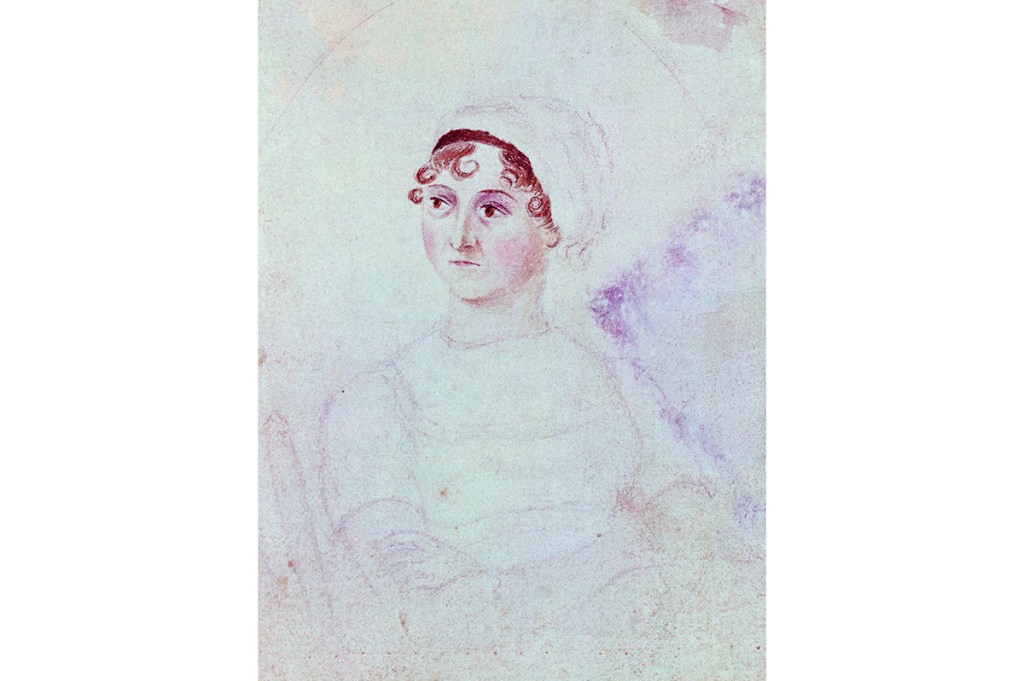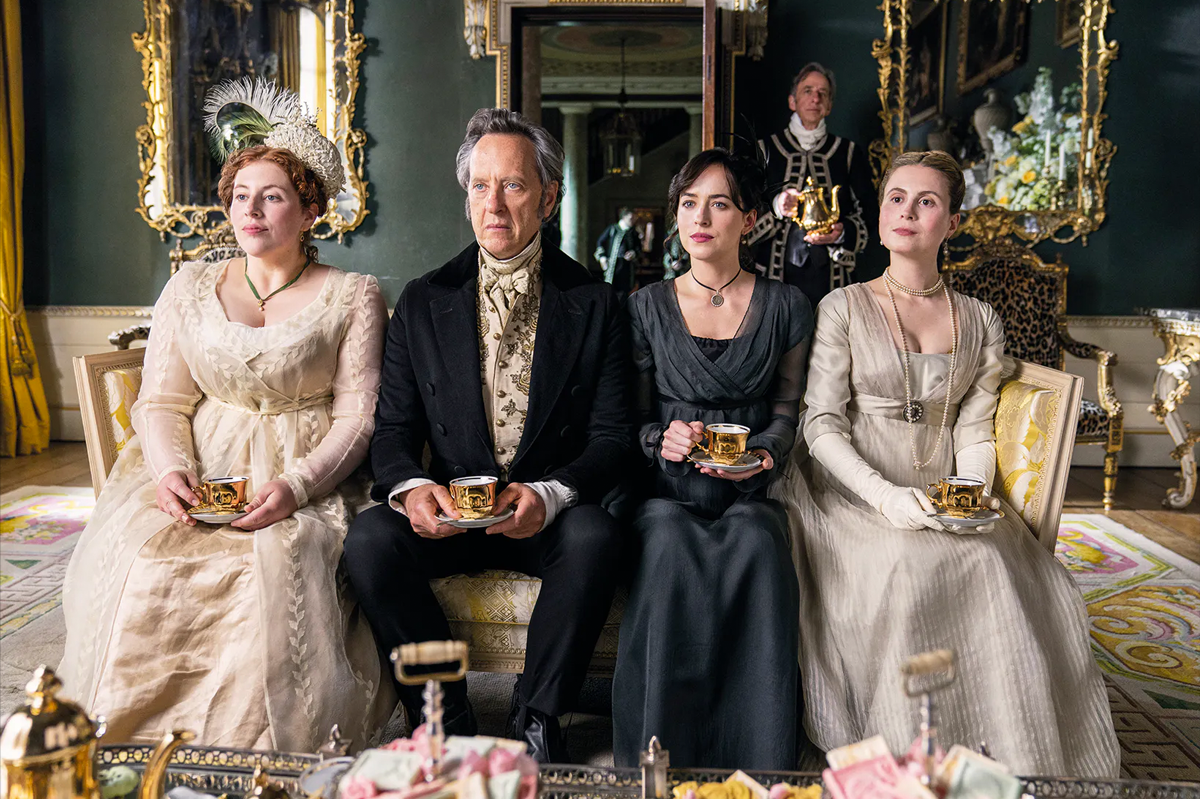Poor Cassy. The Miss Austen of this novel’s title is Cassandra, Jane’s elder sister. She was to have married Tom Fowle, but he died of yellow fever in 1797 on an expedition to the West Indies. Before he left, she vowed to remain faithful and, if he didn’t return, never to marry anyone else. It would be her downfall. In later life, when Cassy herself falls ill, Tom’s niece Isabella remarks: ‘It will take more than a fever to undo you, Cassandra.’ Yet, by Tom’s death, she was already undone.
The narrative moves back and forth between the 1790s and the 1840s. Toward the end of her life Cassandra is on a mission to find and destroy potentially disparaging letters written by Jane and herself to Eliza, Isabella’s mother. She is a demanding, decrepit old spinster, intent on safeguarding Jane’s, and her family’s, reputation for posterity.
Gill Hornby weaves a magnificent work of the imagination, a pastiche of Regency style and manners, fabricating a solution to a problem that has long mystified scholars. Why, as is suspected, did Cassy burn so much correspondence after Jane died? Hornby presents us with her own versions of some of the letters Cassandra discovers and shows how she destroyed them. With a nod to the Luddites, Isabella’s annoyingly vigilant maid Dinah complains: ‘Then you turned up in the works with your spanner.’ Cassy finds ten letters ‘of danger’. How difficult it is, she reflects, ‘to control one’s family’s history’.
Yet Cassandra is driven. Her conviction is that ‘the Austens were remarkable…they were simply unique’. Jane’s reputation is Cassy’s passion. Suitors, for Jane, had been a distraction, including the eligible, landed Mr Hobday, ‘repulsed with an expert efficiency’. Jane had been satisfied in ‘her invented world’ of domestic drama, where she could show her profound ‘understanding of people, and a certain milieu’.
Hornby’s portrayals of Cassandra and Jane are tantalizing. The elder sister is seen to be an obsessed, manipulative old woman, though seemingly well-intentioned. Dinah may think her meddlesome, but she is a figure to be pitied for her lot in life. Jane is clever, single-minded, perceptive and sharply intelligent, her talent arming her against a world dominated by men.
All devotees of Austen’s novels will want to join Hornby, and Cassandra, in this enjoyable act of piety to Jane.
This article is in The Spectator’s April 2020 US edition. Subscribe here to get yours.

























